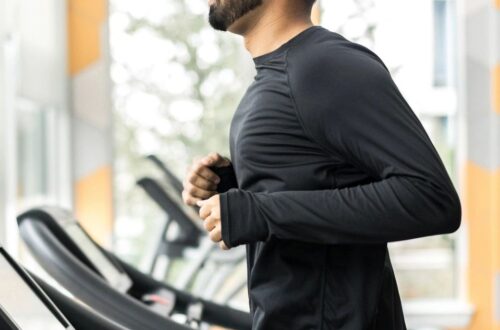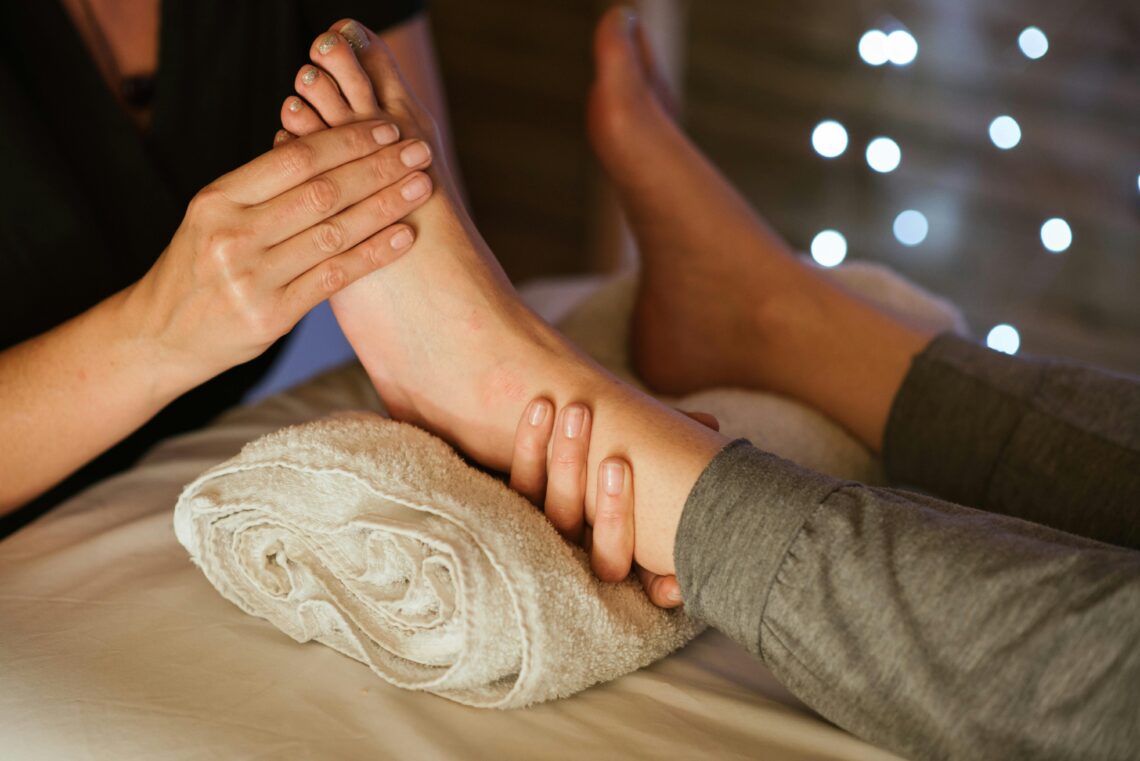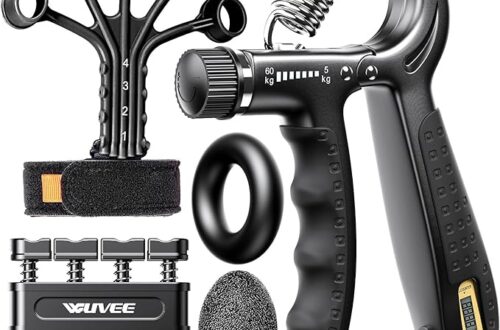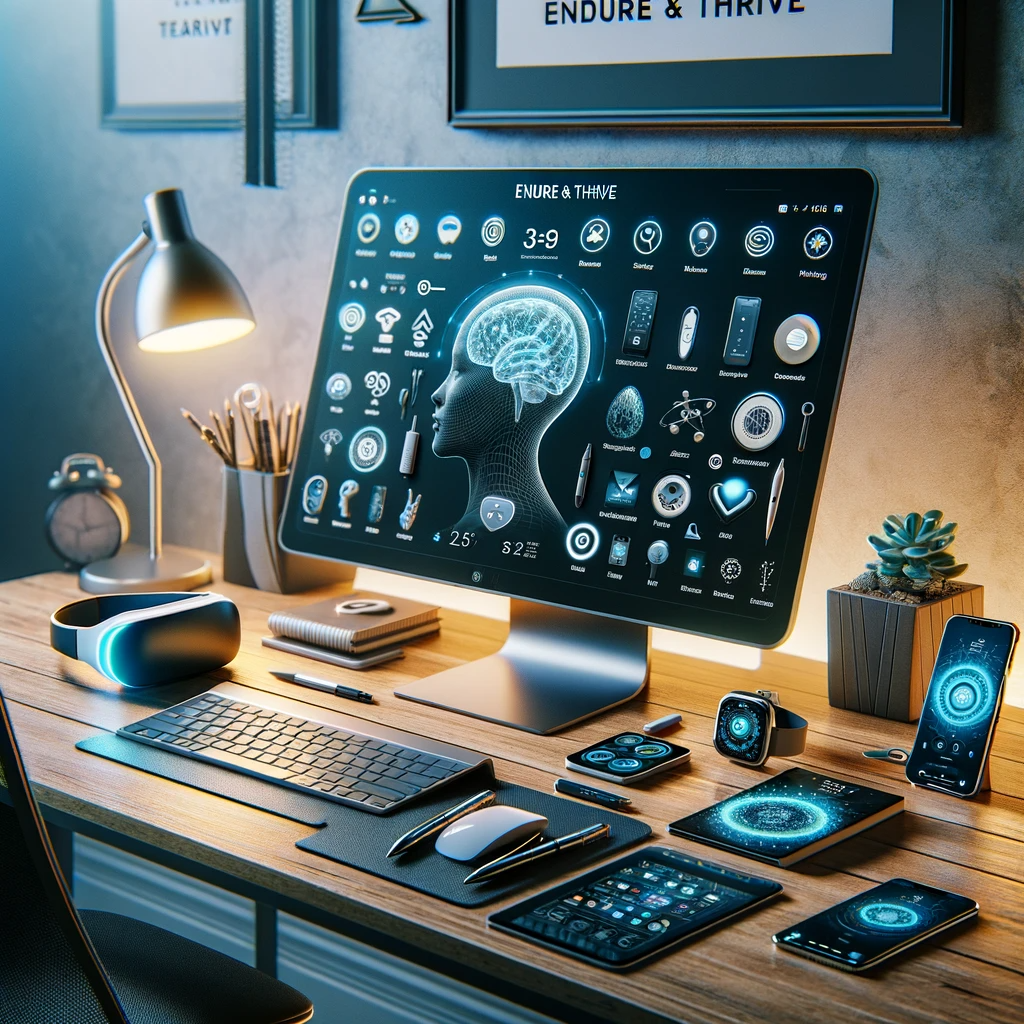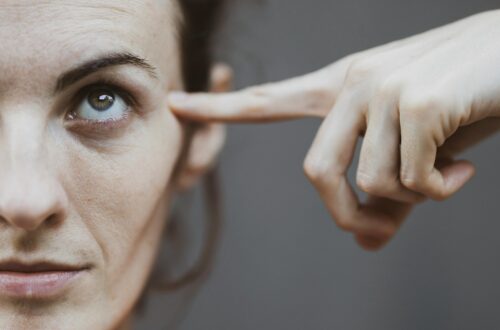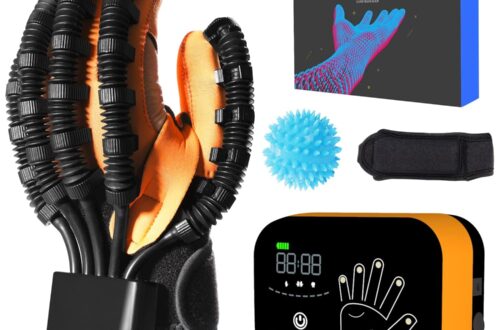Every stroke journey is unique, and your story, no matter where you are in your recovery, has the power to inspire and bring hope to others. Whether you're celebrating a milestone, facing challenges, or simply want to share a personal wish for the future, this space is for you.
-
-
Stroke survivors often face numerous challenges in their recovery journey, and one of the most critical aspects to address is sitting balance. Improving sitting balance is essential for enhancing overall mobility, independence, and quality of life. In this article, we will explore practical tips and exercises on how to improve sitting balance for stroke survivors. Understanding Sitting Balance Sitting balance refers to the ability to maintain a stable and upright position while seated. After a stroke, many individuals experience weakness or paralysis on one side of the body, making it difficult to sit without support. Good sitting balance is crucial…
-
Massage therapy, a practice rooted in ancient healing traditions, is emerging as a powerful tool in modern stroke rehabilitation. For stroke survivors, the journey to recovery is often long and arduous, involving a blend of physical therapy, occupational therapy, and psychological support. Amidst these traditional treatments, massage therapy offers a unique and holistic approach to aiding recovery. This article explores the multifaceted benefits of massage therapy for stroke survivors and how it can be integrated into their rehabilitation regimen. Physical Benefits of Massage for Stroke Survivors One of the most significant benefits of massage therapy for stroke survivors is its…
-
Occupational therapy (OT) plays a vital role in the rehabilitation of stroke survivors. It aims to help individuals regain their independence and improve their quality of life. The guidelines for occupational therapy in stroke rehabilitation focus on assessment, intervention strategies, and measuring outcomes, tailored to meet the unique needs of each stroke survivor. Scope of Occupational Therapy in Stroke Rehabilitation Occupational therapy for stroke patients encompasses a comprehensive approach that addresses physical, cognitive, and emotional challenges. Therapists work collaboratively with patients, families, and other healthcare professionals to develop individualized treatment plans that promote functional recovery and independence. Initial Assessment The…
-
When it comes to recovering from a stroke, rehabilitation can be a long and challenging journey. Integrating fun and interactive elements into this process can significantly enhance engagement and recovery outcomes. iPad games, with their intuitive touch interfaces and wide range of applications, offer a perfect blend of entertainment and therapy. Below, we explore some of the best iPad games specifically suited for stroke patients, aiming to improve cognitive functions, fine motor skills, and overall mental health. Interactive Puzzle Games: Sharpening Cognitive Skills One of the most beneficial categories of games for stroke recovery involves puzzles. These games help improve…
-
Occupational therapy (OT) for stroke patients is a crucial component of rehabilitation that focuses on helping individuals regain their ability to perform daily activities and improve their overall quality of life after a stroke. Occupational therapists work with stroke survivors to help them recover the skills needed for day-to-day tasks, enhancing their independence and functionality. The therapy typically involves: Occupational therapy is tailored to the individual needs of each patient, focusing on achieving personal goals set in collaboration with therapists and healthcare providers. 🌐 Sources
-
Occupational therapy plays a critical role in the rehabilitation of stroke survivors. This systematic review delves into the myriad ways through which occupational therapy can aid in the recovery and enhancement of daily living activities for stroke patients, exploring the evidence-based practices and methodologies that define successful outcomes in this field. Understanding the Impact of Stroke on Functional Abilities Stroke significantly affects an individual’s physical, cognitive, and emotional abilities. The primary goal of occupational therapy post-stroke is to facilitate independence and improve quality of life through the restoration of skills and the introduction of compensatory strategies for lost functions. Effective…
-
The Fugl-Meyer Assessment (FMA) is a standardized testing protocol widely used to evaluate the physical performance of individuals who have suffered a stroke. This comprehensive guide provides an overview of the FMA, including its history, structure, and clinical importance, making it accessible and easily understandable for a broad audience. Introduction to Fugl-Meyer Assessment (FMA) Developed in 1975 by Axel Fugl-Meyer, the FMA is an index to assess the sensorimotor recovery in individuals who have had a stroke. It is one of the most extensively used quantitative measures in stroke rehabilitation worldwide. The primary aim of the FMA is to assess…
-
Communication is a fundamental human need, essential for expressing thoughts, needs, and emotions. However, for many stroke survivors, the ability to communicate is significantly impacted due to conditions such as aphasia, dysarthria, or apraxia. These communication disorders can create profound feelings of isolation and frustration, not only for the individuals affected but also for their families and caregivers. In response to these challenges, a variety of communication aids have been developed, offering innovative solutions that empower stroke survivors to reconnect with the world around them. This article delves into the specifics of communication aids, exploring their development, types, and the…
-
In the landscape of stroke recovery, each survivor’s tale is a deeply personal odyssey that speaks to the resilience of the human spirit. Phil’s story is a poignant example of this, offering a powerful narrative about facing life’s unexpected challenges head-on and discovering strength in vulnerability. Through his journey, Phil illuminates the path of acceptance, adaptation, and ultimately, transformation following a stroke. The Unexpected Turn Phil’s life took an unforeseen detour when he experienced a stroke, an event that propelled him into uncharted territories of self-discovery and recovery. Strokes, which occur due to a disruption in blood flow to the…



